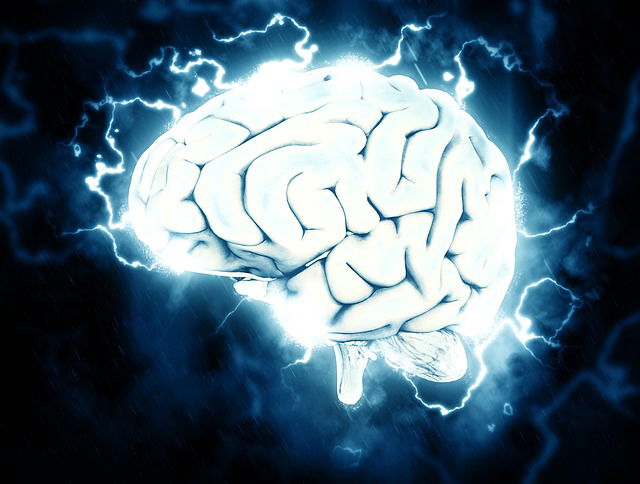
In a recent study, researchers find that stimulating the prefrontal cortex, the part of the brain responsible for controlling complex ideas and behaviors, can reduce a person’s intention to commit a violent act by more than 50%, a
What’s more, this minimally invasive technique, called transcranial direct-current stimulation, could increase the perception that acts of physical and sexual assault are morally wrong.
The research team conducted the study on 81 healthy adults ages 18 or older.
At the start of the study, participants were randomly assigned to one of two groups.
The first received stimulation on the prefrontal cortex for 20 minutes; the second, the placebo group, received a low current for 30 seconds, then nothing more.
The team focused on high-density transcranial direct-current stimulation, a higher-resolution approach that activates smaller portions of the prefrontal cortex like the frontal pole.
The researchers zeroed in on the prefrontal cortex—and specifically, the dorsolateral prefrontal cortex in the top, front area of the brain—because it’s well-documented that antisocial individuals have deficits in this region.
After the stimulation, the researchers presented participants with two hypothetical scenarios, one each about physical and sexual assault.
They asked the participants to rate on a scale of 0 to 10 (with 0 being no chance and 10 being 100%) the likelihood that they would act as the protagonist in the vignettes.
The team found that for those in the experimental group, stimulation decreased their intent to carry out physical and sexual assault by 47% and 70 %, respectively.
Participants also rated on the same 0-to-10 scale how morally wrong they felt the scenarios were.
In theory, the results mean that simple biological interventions—either separately or in conjunction with psychological interventions like cognitive behavioral therapy—have the potential to reduce violent behavior.
The ability to manipulate such complex and fundamental aspects of cognition and behavior from outside the body has tremendous social, ethical, and possibly someday legal implications.
But the researchers don’t think it is the magic bullet that’s going to wipe away aggression and crime.
However, it is possible that ranscranial direct-current stimulation is offered as an intervention technique for first-time offenders to reduce their likelihood of recommitting a violent act.
The team makes it clear there’s more work necessary before it’s certain this type of treatment will reduce violence.
More research is needed to find the answer.
The study is published in the Journal of Neuroscience.
Copyright © 2018 Knowridge Science Report. All rights reserved.
Follow Knowridge Science Report on Facebook and Twitter.
News source: University of Pennsylvania.
Figure legend: This Knowridge.com image is for illustrative purposes only.



